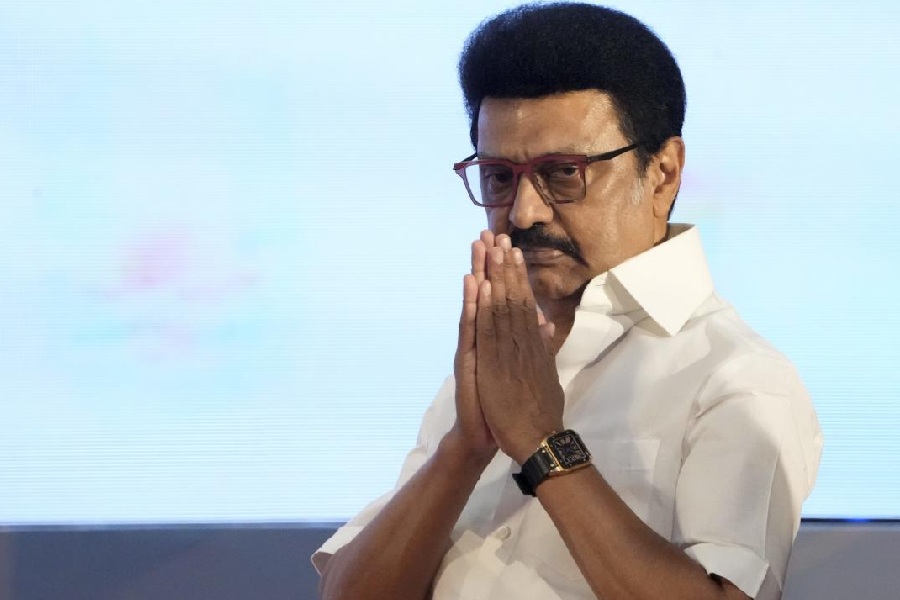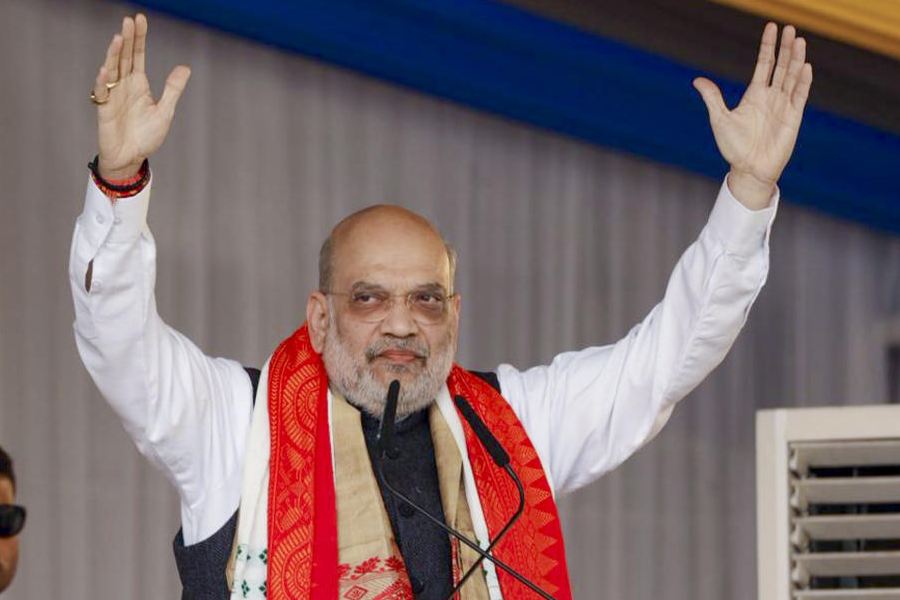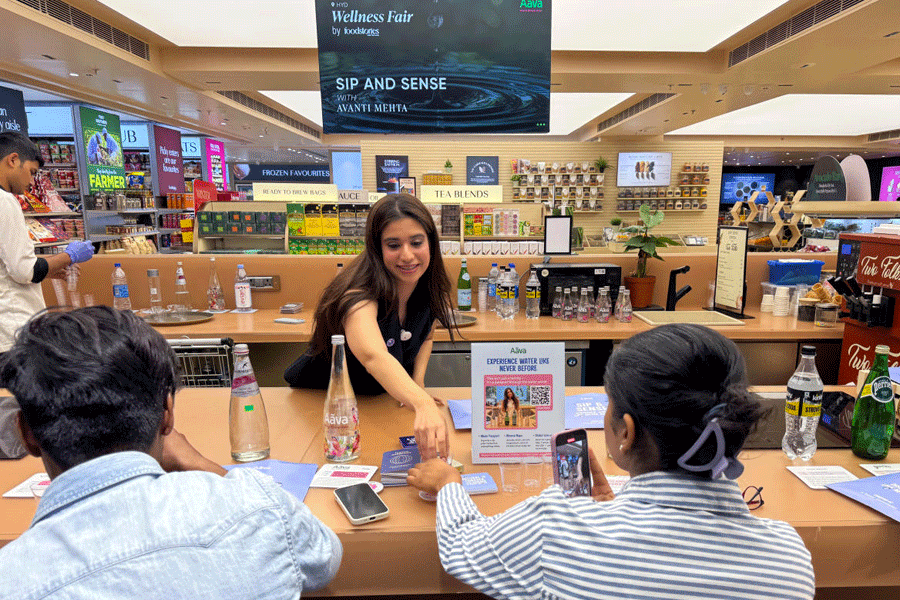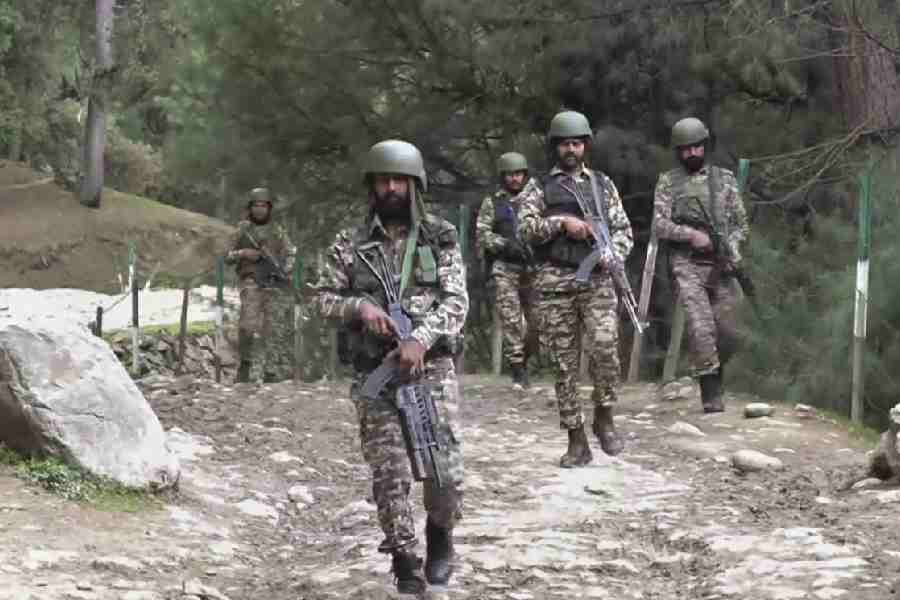Damaged legacy
Sir — It appears Rajendra Chola I has done the impossible — brought Dravidian federalism and militant nationalism to the same table, albeit on opposite sides of it. However, the sudden interest from both the Dravida Munnetra Kazhagam and the Bharatiya Janata Party seems less about the emperor himself and more about scoring political points. One side speaks of Tamil pride; the other of ancient Indian glory. Meanwhile, the Cholagangam tank, locally referred to as Ponneri, which was built by the emperor and is an engineering marvel, lies broken. Perhaps a way of scoring a brownie point could be to repair it.
Vinay Mahadevan,
Chennai
Harsh life
Sir — Some seniors are doing yoga and going on trips while others are lying on bare cots and hoping the fan works (“Age of cruel disregard”, July 26). That contrast is disgraceful. When care becomes a question of budget, what we are really saying is that some lives matter more than others. The elderly who built this society deserve better than rationed dignity. Basic comfort should not be a premium feature — it should be the floor, not the ceiling.
Arunava Sen Gupta,
Calcutta
Sir — Elder abuse is not always bruises; it is also indifference, sarcasm, and being treated as a burden. The Maintenance and Welfare of Parents and Senior Citizens Act, 2007 sounds robust, but it is rarely enforced. The law must be given teeth. More importantly, society must grow a conscience. Elderly individuals should not have to beg for the respect that ought to be instinctive.
S. Sankaranarayanan,
Chennai
Sir — The word, ‘retirement’, needs to be retired. Seniors these days are not ready to wind down and live in social isolation. They are gym-goers, entrepreneurs, YouTubers, and poets. But while their spirit is ready, the infrastructure is lagging. Parks, transport and digital tools are still imagined for the youth and the middle-aged. Planning for an ageing population should not mean arranging for extra wheelchairs. It should mean more opportunity. Let the elderly teach, run, invest, mentor and live full lives.
D.P. Bhattacharya,
Calcutta
Salt trap
Sir — Salt has always been more than a kitchen staple in India — it has political, historical, and even emotional underpinnings. But right now, it is also a health hazard. Ultra-processed food has pushed daily salt consumption far beyond safe limits. Blame cannot be laid at the feet of table salt alone. Sodium sneaks in even through ‘healthy’, processed food. Reducing salt intake needs honest packaging with warnings.
Zakir Hussain,
Kazipet, Telangana
Sir — Changing salt habits across an entire population sounds daunting. But a quiet reduction in salt, rolled out gradually, can reshape taste expectations across generations. It worked with sugar in tea. It can work here too. And if this shift begins with children, the ripple effects will reach homes, markets and menus soon enough. It is the kind of public health nudge that pays off for decades.
Mohammad Asad,
Mumbai
Political artist
Sir — Ratan Thiyam told stories from Manipur without turning them into spectacle. He used myths not to distract but to reflect what was happening around him. His plays showed what it felt like to be trapped in a world that is often unfair. He stayed in Manipur when he could have worked from anywhere else. That says something about the kind of artist he was — grounded, committed, and unwilling to look away. Thiyam’s work gave the region visibility without simplifying it. That was his politics, even if he never called it that. His death is a huge loss for Indian theatre.
Ireima Imsong,
Jiribam, Manipur











